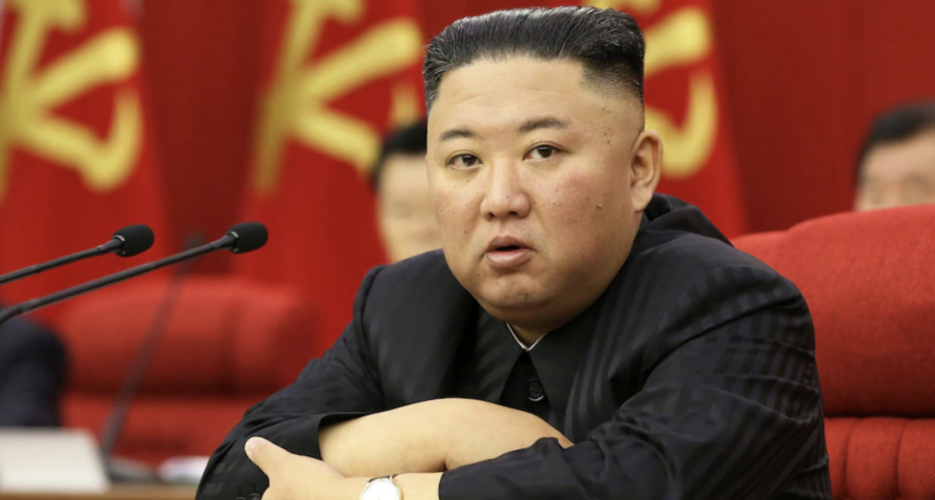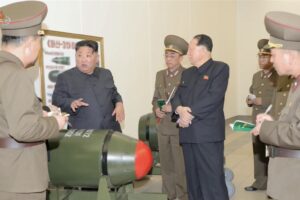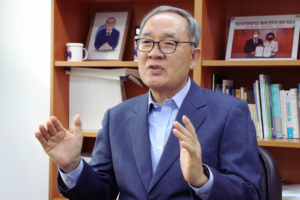South Koreans, particularly younger generations, appear increasingly disinterested in unification or their government’s policies toward North Korea: Seoul National University’s 2020 Unification Perception Survey survey found that just 35% of South Koreans in their 20s say unification is needed as opposed to 65% of those in their 50s.
This real phenomenon is often casually cited as proof that South Koreans are indifferent about engagement with North Korea. This position tacitly lends credence to policies that eschew engagement, such as those employed by the two most recent conservative administrations. It also suggests that other, more pressing concerns have outstripped inter-Korean relations in importance.
South Koreans, particularly younger generations, appear increasingly disinterested in unification or their government’s policies toward North Korea: Seoul National University’s 2020 Unification Perception Survey survey found that just 35% of South Koreans in their 20s say unification is needed as opposed to 65% of those in their 50s.
This real phenomenon is often casually cited as proof that South Koreans are indifferent about engagement with North Korea. This position tacitly lends credence to policies that eschew engagement, such as those employed by the two most recent conservative administrations. It also suggests that other, more pressing concerns have outstripped inter-Korean relations in importance.
Try unlimited access
Only $1 for four weeks
-
Unlimited access to all of NK News: reporting, investigations, analysis
-
Year-one discount if you continue past $1 trial period
-
The NK News Daily Update, an email newsletter to keep you in the loop
-
Searchable archive of all content, photo galleries, special columns
-
Contact NK News reporters with tips or requests for reporting
Get unlimited access to all NK News content, including original reporting, investigations, and analyses by our team of DPRK experts.
Subscribe
now
All major cards accepted. No commitments – you can cancel any time.










